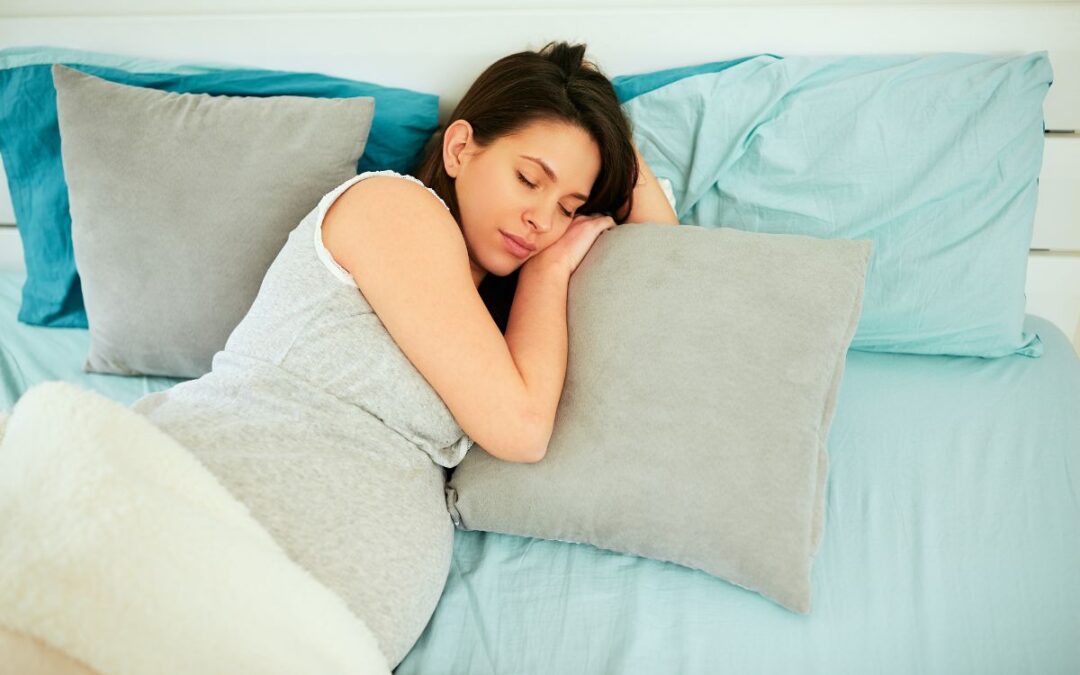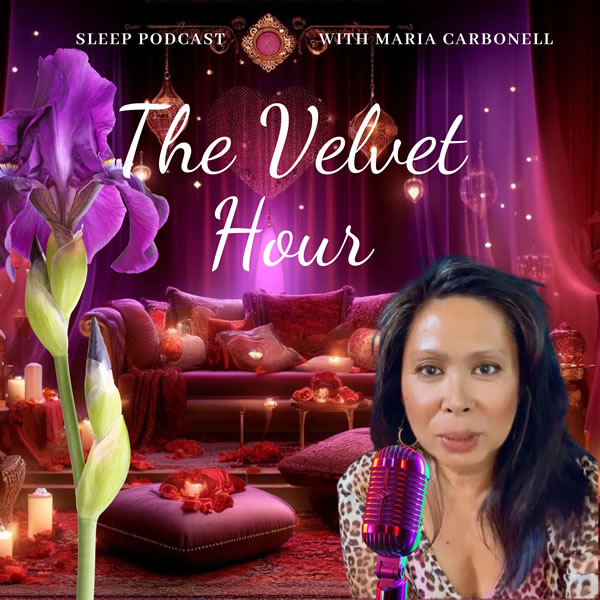We live in a world where sleep has quietly become one of the greatest public health challenges of our time. The World Health Organization’s cancer research arm (IARC) has even classified circadian rhythm disruption from shift work as probably carcinogenic to humans. That’s how serious sleep deficiency has become.
It’s not just about feeling groggy or needing coffee. Sleep deficiency is a silent epidemic—eroding health, beauty, and energy and even shortening lifespans across the globe.
The Difference Between Sleep Deprivation vs. Sleep Deficiency
- Sleep deprivation: Not getting enough hours (like skipping meals).
- Sleep deficiency: Getting hours but not restorative sleep—poor quality, wrong timing, or fragmented cycles (like eating plenty of food but no nutrients).
Both leave you tired. But deficiency steals vitality while pretending you’re “rested enough.”
What Sleep Deficiency Looks Like in Real Life
- Waking up after “8 hours” but still groggy and foggy.
- Snapping at your children or partner because your patience is thin.
- Relying on sugar, caffeine, or wine to get through the day.
- Feeling older than you are, skin dull, eyes heavy.
- Losing motivation, creativity, and even memory.
Your body is crying out for repair.
The Global Sleep Crisis
- 35% of adults sleep less than 7 hours per night.
- 77% of high school students are chronically sleep deficient.
- Medical students, shift workers, and caregivers report some of the worst sleep quality worldwide.
Diseases Linked to Insufficient Sleep
Science is clear: chronic sleep deficiency fuels disease. Here are some of the biggest risks:
Cardiovascular Disease
- Poor sleep raises blood pressure and increases the risk of heart attack and stroke.
Diabetes & Metabolic Disorders
- Sleep loss alters insulin sensitivity, leading to weight gain and Type 2 diabetes.
Obesity
- Sleep-deprived individuals tend to crave more calories, particularly sugar and carbohydrates, due to hormonal imbalances (ghrelin levels increase, while leptin levels decrease).
Depression & Anxiety
- Chronic poor sleep is both a cause and effect of mental health struggles, creating a vicious cycle.
Weakened Immunity
- Sleep is when the immune system resets. Deficiency leaves you more prone to colds, infections, and even slower healing.
Cancer
- As the WHO’s IARC notes, circadian disruption is linked to higher risks of breast, prostate, and colorectal cancer.
Neurodegenerative Diseases
- Poor sleep prevents the brain from clearing amyloid-beta proteins, contributing to Alzheimer’s and dementia.
The Feminine Sleep Revolution
The WHO and global studies are sounding alarms, but the real revolution starts at home—in your bedroom, your rituals, and your rhythms.
Inside Sleep Sanctuary, if you’re ready, you’ll be guided to:
- Heal sleep deficiency from the root.
- Restore cycles of deep, luminous rest.
- Reduce risk of disease and reclaim your energy.
Read more: Feminine Sleep: The Sacred Portal of Renewal



